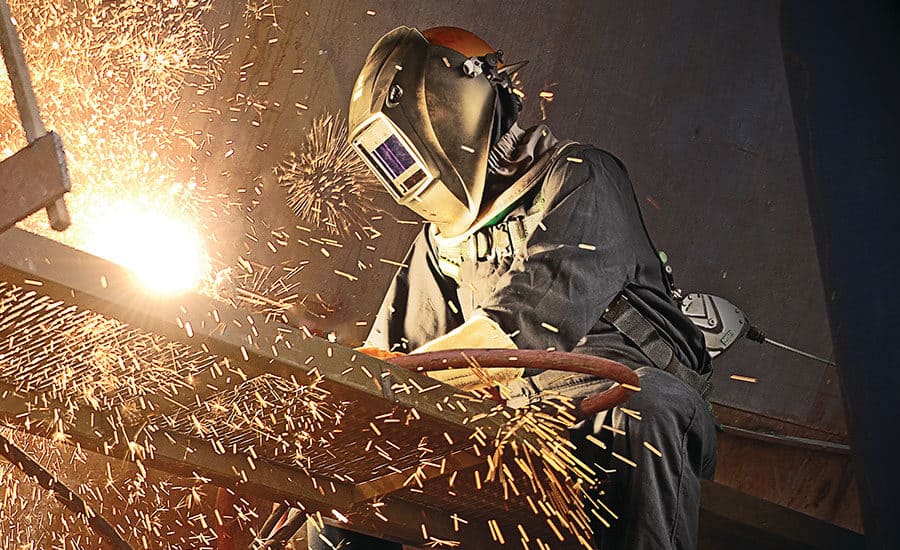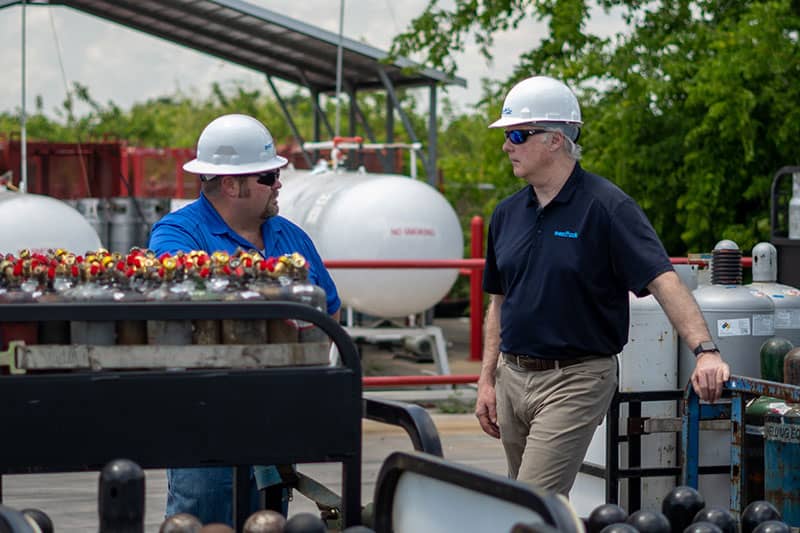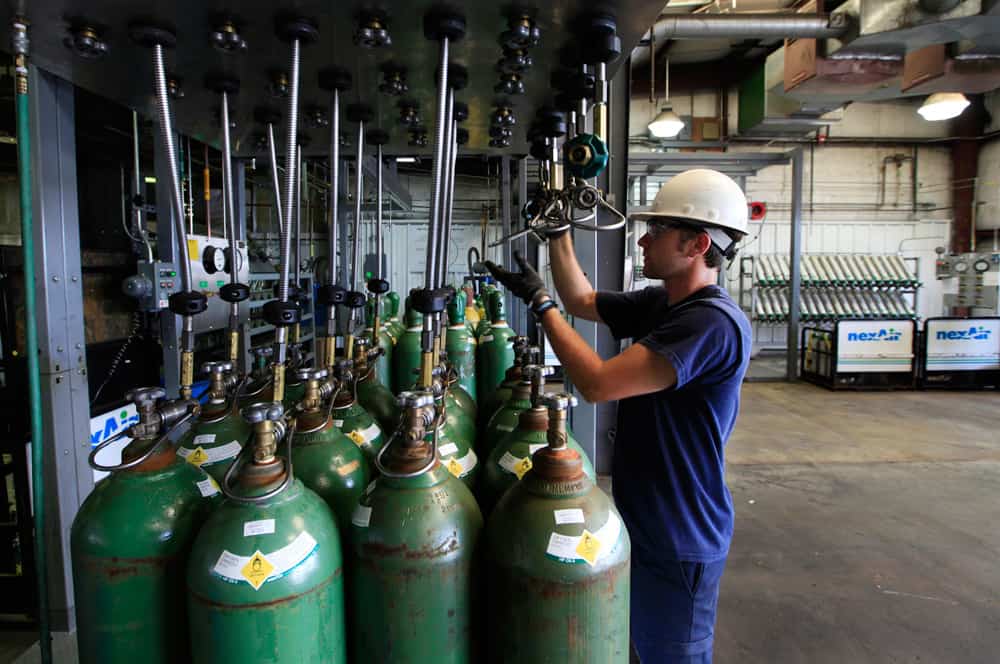Essential Welding Tips for Commercial Welders: Gas Selection, Safety, and Efficiency
Walk into any commercial welding shop and you’ll quickly spot the difference between seasoned professionals and everyone else. The pros aren’t necessarily the fastest or flashiest welders on the floor, but they’re the ones consistently delivering quality work while keeping projects on schedule and profitable. Their advantage comes from mastering three fundamental areas that separate good welders from great ones: intelligent gas selection, rigorous safety practices, and operational efficiency that adds up over time.
Get Your Gas Game Right
Shielding gas selection makes or breaks your weld quality, but there’s no universal solution that works for every application. Pure argon delivers excellent results on aluminum because it provides smooth arc characteristics and produces clean, attractive bead profiles. However, that same gas will leave you struggling for adequate penetration when you’re working with thick carbon steel sections.
Carbon steel applications typically require argon-CO2 mixtures, and the ratio matters significantly. Higher CO2 content increases penetration depth but creates more spatter that needs cleaning afterward. When working with thin materials, lower CO2 percentages help prevent burn-through problems, while heavy plate welding often benefits from increased CO2 content that drives deeper into the joint.
Gas flow rates deserve more attention than most welders give them. Excessive flow doesn’t improve shielding protection and can actually harm weld quality by creating turbulence that draws atmospheric contamination into the molten pool. Most applications work well starting around 20 CFH, with adjustments based on environmental conditions and joint configuration.
Safety Isn’t Negotiable
Compressed gas cylinders contain tremendous stored energy and demand respectful handling at all times. Proper storage means keeping cylinders upright and secured, using protective caps during transport, and never attempting makeshift repairs on pressurized equipment. Argon presents particular hazards because it’s heavier than air and can accumulate in low-lying areas, displacing oxygen without any warning signs.
Regular leak detection using soapy water solutions should be standard practice rather than an occasional check. Gas leaks create both safety hazards and costly waste, making early detection essential for safe and economical operations. Any connection that shows bubbles or produces audible hissing needs immediate attention before welding continues.
Confined space welding requires special precautions that go beyond standard ventilation requirements. Different base metals and filler materials produce varying types of fumes, some with serious long-term health consequences that proper respiratory protection can prevent.
Efficiency Comes From Smart Habits
Thorough joint preparation pays bigger dividends than any advanced welding technique. Clean, properly fitted joints weld faster and produce stronger results than contaminated or poorly prepared assemblies. The time invested in surface preparation and fit-up reduces both welding time and the likelihood of costly rework.
Welding sequence planning helps control distortion while maintaining productive workflow. Starting with heavier sections and progressing to lighter components manages heat input effectively and prevents warping that can compromise dimensional accuracy. Our KnowHow™ includes proven sequencing strategies that help commercial operations maintain tight tolerances while maximizing productivity.
Equipment maintenance directly impacts both quality and efficiency. Well-maintained wire feed systems operate consistently, while neglected equipment creates problems during critical project phases. Replacing consumables like contact tips before they fail prevents the kind of downtime that derails project schedules.
The Bottom Line
Commercial welding success builds on consistent execution of these fundamental principles. Proper gas selection matched to specific applications, comprehensive safety practices that protect both personnel and equipment, and efficiency-focused habits that compound over time create the foundation for profitable operations. When you master these basics, you’ll Forge Forward with the confidence that comes from knowing your process will deliver reliable results project after project.
Don't see what you're looking for?
Everything we offer is a click away and it will arrive before you know it.




